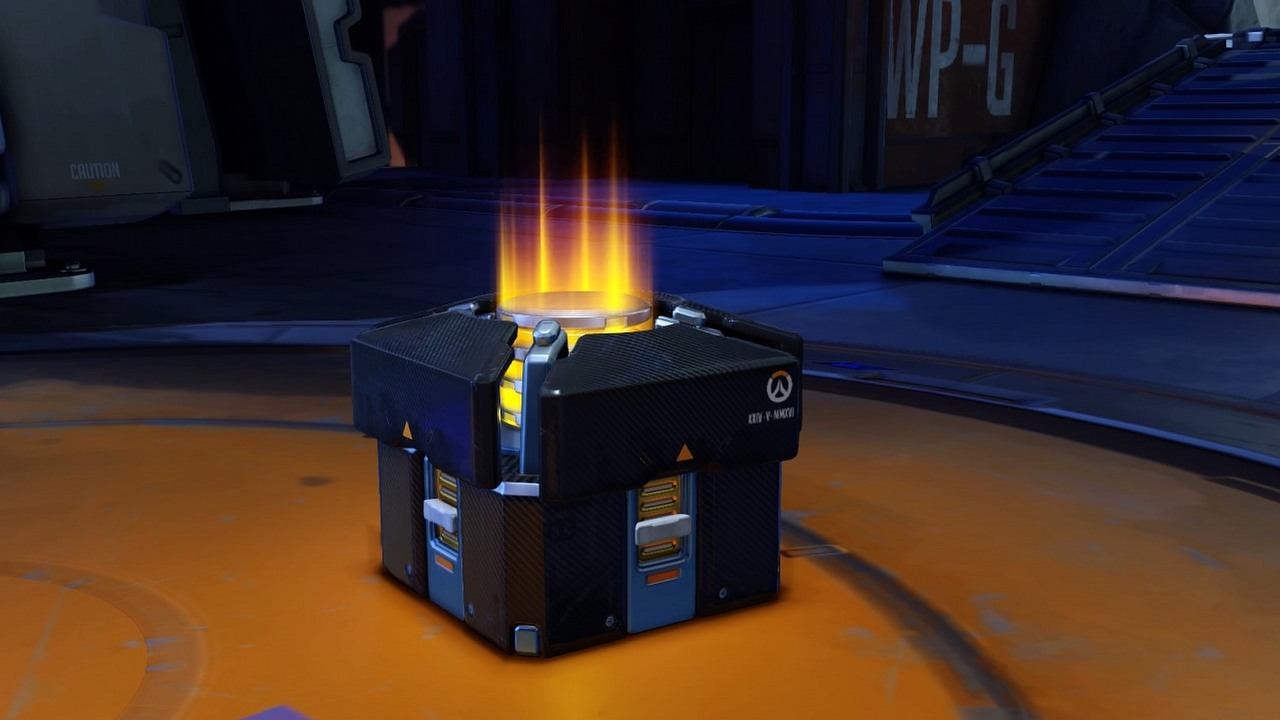Lootboxes Must be Regulated; Pressure on Governments Rises
Lootboxes are once again at the center of controversy. Consumer organizations are pushing governments to regulate them.

Lootboxes are under fire again - this time by the Norwegian Consumer Council, a consumer protection organization. It has published a report, in which it seeks to regulate this harmful gaming element. As much as 18 out of 20 similar institutions from different countries have taken action to force their respective governments to act.
Like gambling
Lootboxes have been the subject of intense debate for years now. It has been repeatedly pointed out how manipulative and dangerous they are - especially when it comes to younger viewers or other more susceptible people.
Attractive and rare cosmetic items are extremely popular. That's why many players don't find it hard to spend real money on them or buy lootboxes from which they can be acquired.
The whole randomness of lootboxes is especially dangerous because it has an addictive effect. On top of that, there are the ubiquitous suggestions that if you purchase virtual currency or the boxes themselves, you will increase your chances of getting the item you want.
It is even worse in the case of things that directly affect the gameplay (such as additions to weapons or increasing the amount of experience). Electronic Arts was heavily criticized around the launch of 2017's Star Wars: Battlefront II for using a similar model. The case was similar with, for example Middle-earth: Shadow of War a few years ago. We have the choice of putting a huge amount of time into the game (and unpleasant grind) or take a costly shortcut..
Deceptive nature and growing popularity
In addition to randomness, which is of great importance here, there is also an attractive lootbox design. The whole process of opening a lootbox is pleasant for our senses, if only because of the graphic effects, vivid colors and soundtrack. It all works on the subconsciousness. Just like in casinos.
In the past, this problem basically concerned only F2P games, but today we find similar mechanics in most titles, including those for which we have to pay the full price. At the same time the model is becoming increasingly popular, so it is not surprising that more and more publishers are resorting to similar solutions. Subsequent reports show that microtransactions generate huge revenues - in 2020 it was 15 billion dollars.
It is also worth mentioning the items that we can get for a limited time, usually as part of various events. Fear of missing such an opportunity often pushes users to spend real money. Also because the acquisition of virtual currency in the normal way takes much longer.
Regulations needed
All of this has translated into controversy over similar mechanics, especially in the FIFA Ultimate Team (FUT) mode in the popular game from EA. The gameplay in it includes the acquisition of crates from which footballers can be drawn - this translates directly into gameplay, so the temptation to buy is high. Eventually, lootboxes were banned in Belgium.
Video games are currently one of the most popular forms of entertainment, available to almost everyone, regardless of age. With this in mind the authors of this report would like to see the following changes in gaming:
- Elimination of the "deceptive design" of lootboxes;
- Removing the possibility to buy virtual currency with real money;
- Not placing lootboxes in games designed for children;
- More transparency on the algorithms that decide the items drawn;
- Greater emphasis on respecting consumer rights.
Until now, video game developers have largely escaped the consequences of microtransactions, which may come as a surprise given the popularity of the medium. Properly implemented changes would probably benefit us, the players, as the risk of wasting large amounts of money would disappear. History shows, however, that publishers like to find new ways to make money - although if the regulations were implemented, they might find it more difficult.
- Data of 700 million EA players might end up in the hands of a „repressive, authoritarian government.” Senators sound the alarm
- They say that violent games cause more aggression. That's why the Mexican government wants extra fees from players for GTA and Call of Duty
- Blizzard hasn't announced anything yet, but fans are already worried. Mysterious new currency in WoW: Midnight is causing concern
0
Latest News
- End of remote work and 60 hours a week. Demo of Naughty Dog's new game was born amid a crunch atmosphere
- She's the new Lara Croft, but she still lives in fear. Trauma after Perfect Dark changed the actress' approach to the industry
- „A lot has become lost in translation.” Swen Vincke suggests that the scandal surrounding Divinity is a big misunderstanding
- Stuck in development limbo for years, ARK 2 is now planned for 2028
- Few people know about it, but it's an RPG mixing Dark Souls and NieR that has received excellent reviews on Steam, and its first DLC will be released soon

